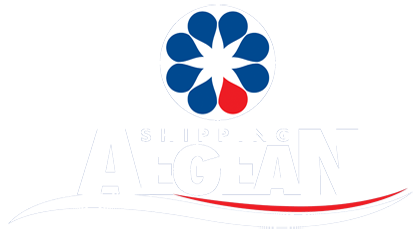The Human Element in Maritime Incidents
It is of common knowledge that since men started sailing, accidents have been occurring. The marine industry has decided to reduce the marine accidents occurrence by improving on board operations, ship systems reliability and construction. It is evident that the modern technologies on shipping are not enough to guarantee enough safety at sea. For the past three decades researches have indicated that human element is the major cause of marine accidents; this suggests that the human factor is vital for the safety at sea.
The profitability and safety of a shipping company rely on the human factor. The professional efficiency of the marine crew is mainly influenced by the health of the crew members. The health aspect is directly related to the internal relationships, fatigue and resting periods, psycho‐physical strength and stressful situations. The psychological problems like lack of motivation, dissatisfaction and impatience may lead to intolerance within the crew members who will lead to religion and cultural differences. Communication barriers between the marine crew are the major cause of marine accidents, especially with a multinational crew; this is the reason why it is essential to ensure the crew welfare by investing in better working and living conditions on board and create a good relationship among the crew members.
Compliance with the national and international regulations is a MUST but the dominant role is assumed by the strong management commitment to safety. The number of marine accidents caused as a result of human error (skill based, rule based, knowledge based) may be reduced with continuous improvement of the crew knowledge, skills and safety culture, improvement which can be achieved by investing in training and safety based mentoring.
“In the shipping industry, human behavior is the true secret of our success. But also makes
us victims of our failures” (Capt. David Turner, 2010, The Human Element, MCA Guide).
